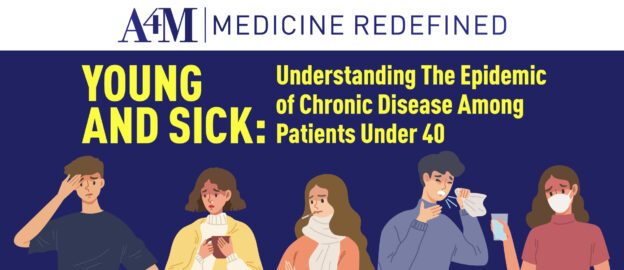In recent years, a concerning trend has persisted that requires urgent attention from healthcare professionals, policymakers, and the public: the United States consistently ranks below other developed nations in life expectancy. Raising critical questions about the efficacy of the U.S. healthcare system – and particularly its preventive care and disease management efforts – this disparity exposes inadequacies and oversights in the nation’s approach to population health.
Despite substantial investments in biomedical research and cutting-edge medical technologies, the nation faces significant challenges in translating these advancements into tangible improvements in population health outcomes. The evident gap between medical capabilities and realized health benefits underscores the need to reevaluate healthcare delivery models, preventive strategies, and public health initiatives nationwide.



